Heartburn Disease
Table of Contents
What is Heartburn Disease?
Heartburn, also known as acid indigestion, is a common digestive discomfort characterized by a burning sensation or discomfort in the chest, often accompanied by a sour taste in the mouth.
A burning sensation that seems to be in your heart but isn’t actually heartburn. It is located in the swallowing tube that runs parallel to your heart, your esophagus. The sensation is come upon by stomach acid refluxing upward. It is curable.
Acid refluxing up into your esophagus from your stomach causes heartburn. Although it happens in your esophagus, heartburn feels like it’s in your heart.
A painful, burning sensation in the center of your chest is called heartburn. However, it’s not truly in your heart. It is brought on by reflux, or stomach acid rising into your esophagus, which passes into your chest near your heart. For many people, heartburn is an infrequent symptom; for others, it is a chronic problem that flares up frequently. If you experience acid reflux regularly, it could be a sign of GERD (gastroesophageal reflux disease).
Who gets heartburn?
Many people get heartburn from time to time. An exceptionally rich or acidic meal or increased stomach pressure, such as during pregnancy, might cause it. Regular heartburn is a sign of chronic acid reflux disease (GERD), which is also somewhat common. The prevalence of GERD in the US is about 20%. Obesity (body mass index, or BMI) and overweight (BMI greater than 25) are risk factors, as are smoking and being around secondhand smoke.
Signs and symptoms
What is the sensation of heartburn?
Acid burning in your chest is a very accurate description of what heartburn feels like. The swallowing tube that starts in your throat and passes through the middle of your chest to reach your stomach is called the esophagus. Although the sensation of heartburn starts in this tube, it frequently spreads to your chest and occasionally even reaches your neck. It is a scorching feeling that varies in intensity.
Additional signs of a heart attack:
- Chest pain, including fullness, pressure, squeezing, or pain nausea
- Feeling dizzy
- Discomfort or pain in the back, neck, jaw, stomach, or arms, either one or both.
What further heartburn symptoms are there?
The difference between heartburn and other forms of chest pain can be challenging. Seeking advice from a healthcare expert is usually a smart option if you’re not sure what kind of discomfort you’re experiencing. Concentrating on any additional symptoms you may be experiencing could also be helpful. You can differentiate heartburn from a heart attack or from other esophageal diseases by looking for these concomitant symptoms.
If acid reflux is the cause of your heartburn, you could have:
- Blowing up.
- a tart flavor on the tongue.
- queasy feeling.
- spitting out food.
Other unusual signs and symptoms of acid reflux include:
- bloating and fullness in the stomach.
- A hiccup.
- persistent cough.
- making asthma worse.
- tender throat.
- Sore throat.
- sensation as though something is stuck in your throat or having trouble swallowing.
- Angina-like chest pain (noncardiac chest pain).
What is the duration of heartburn?
Heartburn can last anywhere from a couple of minutes to several hours. When your last meal has left your stomach, it ought to go away. There shouldn’t be anything remaining for your stomach to regurgitate (reflux). It can take your stomach anything from two to five hours to fully digest a meal. Meals that are rich and fatty take longer in the stomach to digest.
When does acid reflux happen?
Heartburn may be more noticeable when:
- slumped over.
- reaching down.
- You have dinner later than usual.
- Your lunch was either hot, acidic, or rich.
Cause of heartburn
Heartburn is a GERD-related condition that happens when stomach secretions, such as acids and enzymes, backwash into your esophagus. Your esophagus is not protected
from these toxins like the thick mucous lining of your stomach is. The lower esophageal sphincter, a valve at the base of your esophagus, is meant to prevent stomach contents from refluxing back up. However, occasionally it is feeble or doesn’t close completely.
Your lower esophageal sphincter may weaken or become overly relaxed for a variety of reasons, including:
- Taking in smoke.
- Additional abdominal pressure brought on by pregnancy, weight, or tight clothing.
- Hiatal hernia: the condition in which the stomach pushes through the diaphragm.
- A filling meal that expands and remains in your stomach for longer.
- Gas and indigestion occur when gas bubbles ascend via the gastrointestinal system.
- falling asleep too soon after a meal.
- Some foods, such as tomato sauce, chocolate, coffee, citrus fruits, and mint.
- several pharmaceuticals, including blood pressure and birth control tablets.
- Frequently, a combination of these variables leads to heartburn and acid reflux.
Why does a person suddenly get heartburn when she has never had it before?
If you’ve never experienced heartburn before and you haven’t made any dietary or lifestyle changes, there may be additional causes for your heartburn that could manifest gradually over time. For instance:
Aging: As you age, your muscles, especially your lower back muscles, weaken, which can cause heartburn to appear or worsen.
Weight increase: Most individuals gain weight gradually, but when you hit a threshold, symptoms like heartburn might strike out of nowhere.
Medication: Consult your doctor if any new or recently modified drugs may be contributing to your acid reflux.
Does acid reflux usually result in heartburn?
Acid reflux is frequently the cause of heartburn, which is a condition of the esophagus. However, the same feeling might also be brought on by a few other illnesses. For instance:
Esophageal ulcers: Ulcers are lesions brought on by the GI tract’s lining wearing away. They provide a distinct scorching type of agony. Esophageal ulcers are far less common than stomach or intestinal ulcers. When they do happen, acid reflux is typically the cause. Reflux isn’t the only reason, though. Ulcers may also result from NSAID abuse, such as ibuprofen and aspirin usage.
Esophagitis: A burning feeling in your esophagus may be caused by severe inflammation. GERD itself, viruses, fungal infections, and several drugs are among the causes. Heartburn can also result from an allergic reaction in the esophagus called eosinophilic esophagitis.
Functional hypersensitivity to reflux and heartburn Disorders- This is of the gut-brain connection, or the nerve system’s ability to transmit feelings from your digestive system to your brain, are known as functional gastrointestinal disorders. Although functional heartburn feels similar to typical heartburn, it doesn’t show any symptoms of erosion, inflammation, or acid reflux. The reason for reflux hypersensitivity is non-acid reflux. The burning feeling may be caused by hypersensitive nerves (visceral hypersensitivity).
Is heartburn serious?
Although it hurts, occasional heartburn won’t cause any serious harm. In actuality, most people don’t even experience acid reflux, and some degree of it is natural. If you experience it, your esophagus may not be able to handle the amount of acid reflux you are experiencing. If this occurs infrequently, it’s a small cut that will heal fast. However, if it occurs frequently, the lining of your esophagus might not have enough time to recover in between.
Consistent damage to the lining of your esophagus might result in long-term problems such as:
Esophageal strictures: If the lining of your esophagus is inflamed all the time, at some point the tissues may start to replace themselves with scar tissue. Your esophagus will constrict (stricture) as a result of the inflammation and scarring, as it is essentially a lengthy tube. Food being lodged in your esophagus and swallowing difficulties may result from this.
Intestinal metaplasia: Occasionally, the tissues change in a different way as opposed to scarring. Because they alter to resemble the lining of your intestines more, it is known as intestinal metaplasia. It is also known as Barrett’s esophagus when it occurs in the esophagus. This is regarded as a precursor to cancer.
Esophageal cancer: The incidence of esophageal cancer is quite low. However, there is a clear link between Barrett’s esophagus, a cellular alteration that results in cancer, and esophagitis, a persistent inflammation. The longer your heartburn is untreated and the more severe it is, the higher the danger.
Heartburn brought on by acid reflux may also be a sign of other undiagnosed digestive system issues. For instance, you might have an excess of acid in your stomach, which can lead to issues like ulcers and gastritis. Additionally, acid reflux might make your asthma or other long-term respiratory disorders worse. Reflux that travels up your throat can result in swelling, ulcers, and growth.
When should I get my heartburn treated by a doctor?
Consult a medical professional if:
- You experience heartburn once a week.
- Your symptoms are not usual.
- You have trouble swallowing or consuming enough food.
- You are not under 60 years old.
- You have tightness or squeezing in your chest, similar to angina.
Heartburn on occasion is common, and most people can get by with minor lifestyle changes. But you might require medical attention if you have it constantly. Treating chronic heartburn is important. When your esophagus hurts, it’s likely to be harmed, w
Diagnosis and Tests
You will describe the sensation you experience as heartburn to your healthcare professional. Heartburn can usually be identified by its symptoms. If it’s infrequent or little, they might not need to look into it. However, if they think you have a long-term illness, doctors may want to examine your esophagus to check for damage. For a diagnosis, they might send you to a gastroenterologist, or a GI tract specialist.
Which tests are necessary to assess the case of heartburn?
Exams to check your esophagus consist of:
Upper endoscopy: Endoscopy examinations take a close look at your internal organs. The procedure entails inserting an endoscope, which is a tiny, illuminated camera attached to a lengthy tube, into your body. An upper GI tract examination, commonly known as an upper endoscopy or an EGD procedure, looks at the area between your esophagus and your stomach as well as the top of your small intestine. Your throat is examined with an endoscope (with medicine to help you feel more comfortable). It can search for indications of Barrett’s esophagus, esophagitis, or hernia.
Test for esophageal pH– In order to do this test, a wireless capsule that monitors your esophageal pH (acid levels) over time is implanted. It can be inserted via a nasogastric tube or during an upper endoscopy. Readings are transmitted to a receiver that you wear around your waist. To compare the readings with the symptoms, you will also note your symptoms and the times they occur in a journal. Your healthcare provider will recover the capsule and gather the data after a predetermined amount of time.
Treatment
Control and Intervention
OTC drugs and lifestyle modifications can help you cure occasional heartburn at home. However, you may require prescription medicine if you experience heartburn often. Drugs lessen the amount of acid that passes from your stomach into your esophagus. However, they don’t understand the underlying cause of the lower esophageal sphincter dysfunction. In the event that medication is ineffective, a person can need more care.
Heartburn medications include:
Antacids: Antacids, such as Tums® and Rolaids®, neutralize stomach acid to prevent reflux from damaging your esophagus. They frequently contain substances that can also be used to treat other problems. For instance, magnesium helps ease minor constipation, and simethicone can aid with gas. If you take antacids too frequently, they can cause negative effects even if they are effective for treating occasional heartburn.
Alginates: Alginates are sugars that are found naturally in seaweed. By floating on top of the acid and forming a physical barrier between it and your esophagus, they aid in preventing acid reflux. If you have a condition that prevents you from taking antacids, you can buy alginates on their own. To boost their effectiveness, antacids with alginates can also be purchased.
Histamine receptor antagonists (also known as H2 blockers): These lessen stomach acid by preventing your body from producing the substance that causes it (histamines). H2 blockers come in two varieties: over-the-counter and prescription. Compared to antacids, you can take them more regularly, but their effects aren’t always lasting. Your body may become accustomed to them and they cease to be effective.
Stronger acid blockers that also aid in tissue healing are proton pump inhibitors (PPIs) If you exhibit symptoms of tissue damage in your esophagus or your heartburn is relatively severe, your physician may recommend them as a first-line treatment. They reduce acid reflux by 90% of the time. They are the only medications that can aid in the healing of esophageal ulcers.
Possible further therapies for heartburn include:
For an infection, antivirals or antibiotics.
Dupilumab or topical steroids can be used to treat inflammation directly.
Functional heartburn is treated with low-dose neuromodulators and other treatments.
If a hiatal hernia is the cause of your heartburn, you may need hernia repair surgery.
In the event that long-term medication is not effective for treating GERD, your doctor may recommend a surgery like this one:
Fundoplication Nissen- This small surgical operation tightens the opening that connects your stomach and esophagus. It works incredibly well to treat GERD and related symptoms.
Transoral fundoplication without incision- The identical process is carried out non-surgically using an endoscope.
LINX gadget- A LINX device, a ring of small magnets that helps keep the junction between the stomach and esophagus closed against reflux, is implanted during this minimally invasive procedure.
Perspective / Prognosis
Heartburn can be managed. In the best-case situation, you can control it with a few dietary and lifestyle changes and have some antacids on hand when needed. Long-term prescription drugs are also quite helpful for acid reflux if you require them. Although managing functional problems can be more difficult, they frequently get better with time and various therapies.
What dietary adjustments can I make to control my heartburn?
To assist in avoiding acid reflux:
Consume smaller meals all day long- Your stomach will secrete less acid when there is less to break down.
Take off your belt- One of the causes of reflux is abdominal pressure. Also beneficial is weight loss.
Avoid having a full stomach before bed- Await lying down for three to five hours.
Doze off on the left side- Your lower esophageal sphincter is positioned in an air pocket above the contents of your stomach as a result. The valve is submerged when you lie on your right side or back.
Keep trigger foods away- Maintain track of the foods and beverages that aggravate your heartburn.
Give up smoking- One of the many reasons to give up smoking is heartburn. Your supplier can assist.
Solutions
Heartburn can be avoided or lessened by following certain dietary and behavioral recommendations. Ideas consist of reliable Sources:
- maintaining a balanced diet with a low fat intake, skipping meals two to three hours before bed, raising the head of the bed before falling asleep, avoiding wearing clothing that is too tight, avoiding strenuous lifting and cleaning, and avoiding foods that trigger cravings, such as those that contain coffee, alcohol, or spicy foods or foods causing gas and bloating
- achieving and preserving a moderate weight
- Giving up smoking, if applicable, exercising frequently, and eating more frequent, smaller meals
It should be noted, though, that not everyone will benefit from these lifestyle changes.
During pregnancy
Due to hormonal changes and the baby pressing against the stomach, heartburn and indigestion are normal during pregnancy, according to the Office for Women’s Health (OWH)Trusted Source.
The OWH recommends a few dietary and lifestyle adjustments that might aid with symptom relief. These consist of:
- consuming five to six little meals a day and avoiding sleep for an hour after meals.
- Steer clear of greasy and spicy foods.
A heart attack or heartburn?
When the arteries leading to the heart are clogged, it results in a heart attack. Contrarily, heartburn happens when stomach acid refluxes up the esophagus.
Chest discomfort is one symptom that may be shared by heartburn and a heart attack. Because they believe they have heartburn, some people who are having a heart attack choose not to act. A cardiac problem may be present if a person has sweats or shortness of breath in addition to heartburn pain.
FAQ
What signs and symptoms are present with heartburn?
Heartburn is a burning feeling in your chest that usually occurs after eating and may be worse at night or while you’re lying down.
regurgitating food or sour liquids..
chest ache or upper abdomen pain.
difficulty swallowing, or dysphagia
a lump in your throat feeling.
Is acid reflux a dangerous illness?
Sometimes heartburn is frequent and should not be a cause for alarm. With lifestyle modifications and over-the-counter drugs, the majority of people can self-treat their heartburn discomfort. Frequent heartburn or heartburn that disrupts your everyday activities could be signs of a more serious illness that needs to be treated by a doctor.
Does having heartburn harm your heart?
What connection does heartburn have to your heart? Nothing at all! Acid reflux, sometimes known as heartburn, is actually a condition of the esophagus. However, due to their close proximity, the heart and esophagus can both induce angina (chest pain).
Does Eno help with acid reflux?
Eno successfully addresses the six heartburn and acidity symptoms. These consist of burning in the chest, burning in the neck, sour taste in the mouth, discomfort in the upper abdomen, burning in the stomach, and bitter taste in the mouth. Eno has been clinically shown to act right away.
Is water a helpful remedy for reflux?
Firstly, water has the potential to lessen the irritant properties of stomach acid by diluting it. This may lessen the heartburn’s signature burning feeling in the chest. Water consumption might also aid in the stomach acid’s return to its proper location within the stomach.
References
Professional, C. C. M. (n.d.). Heartburn. Cleveland Clinic. https://my.clevelandclinic.org/health/diseases/9617-heartburn-overview
MacGill, M. (2023, May 24). Heartburn: Why it happens and what to do. https://www.medicalnewstoday.com/articles/9151#heartburn-vs-heart-attack

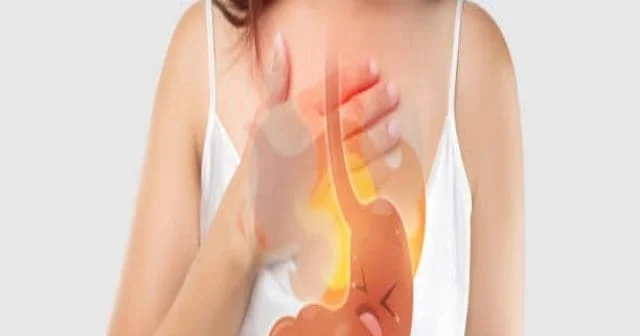
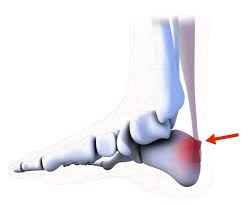
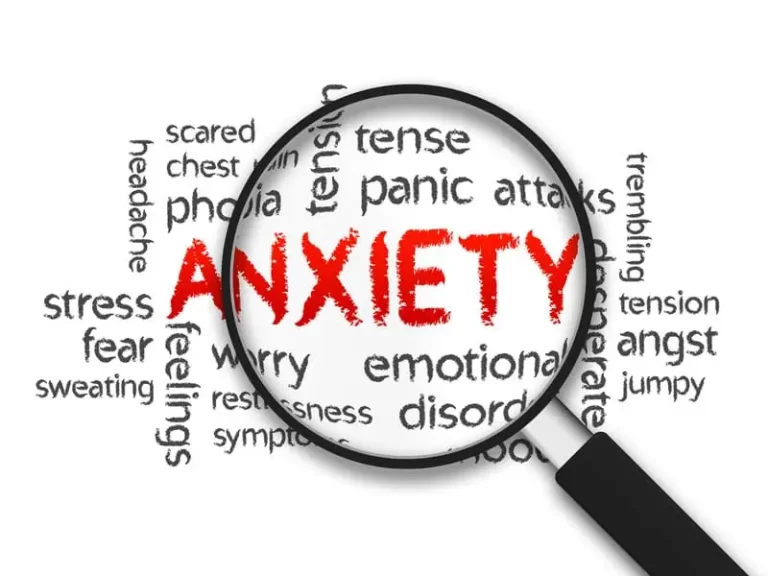
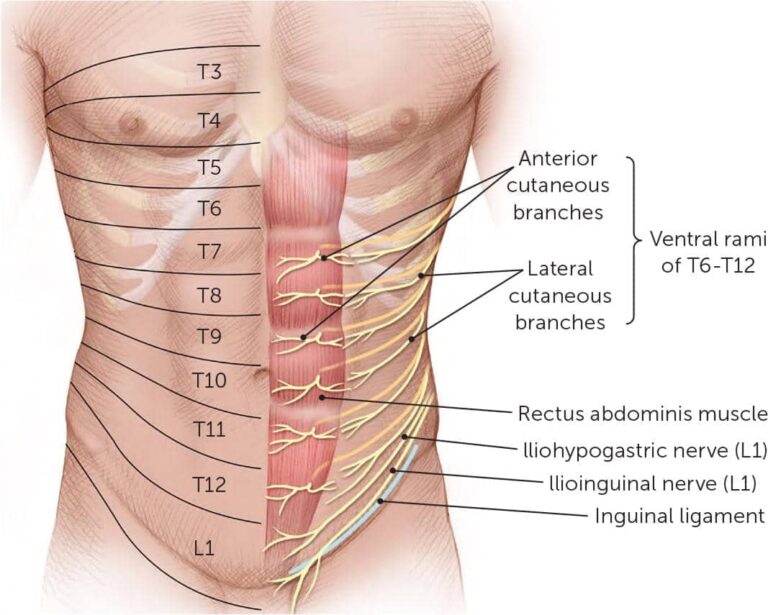
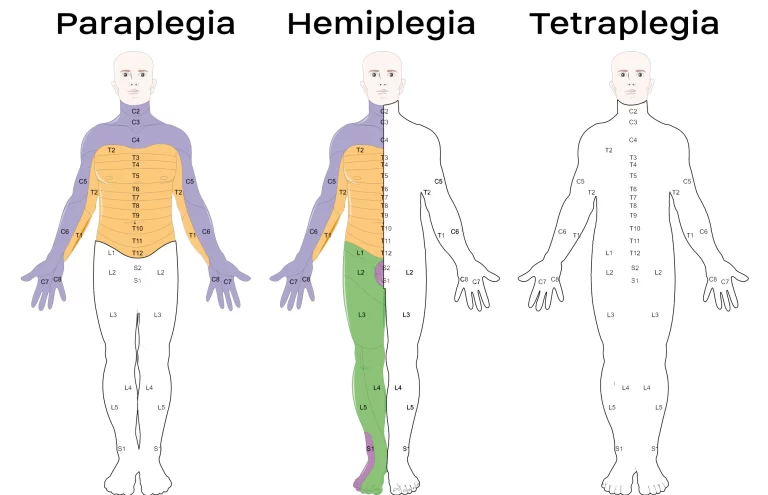
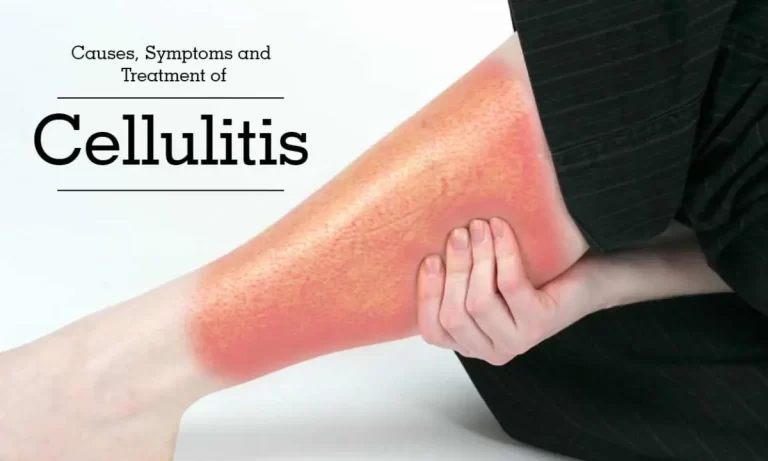
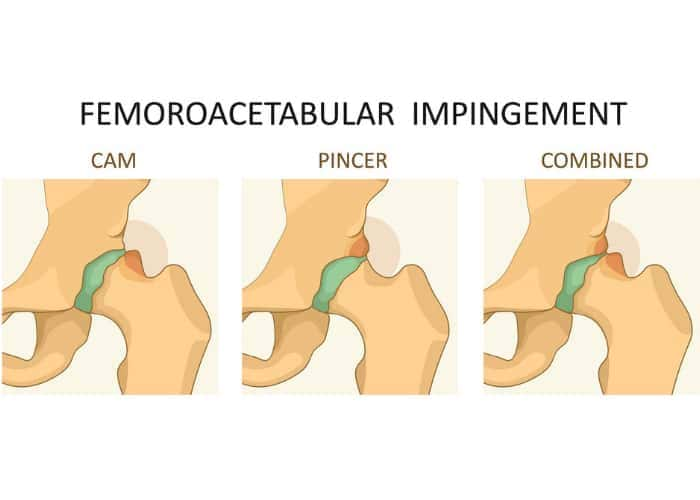
4 Comments